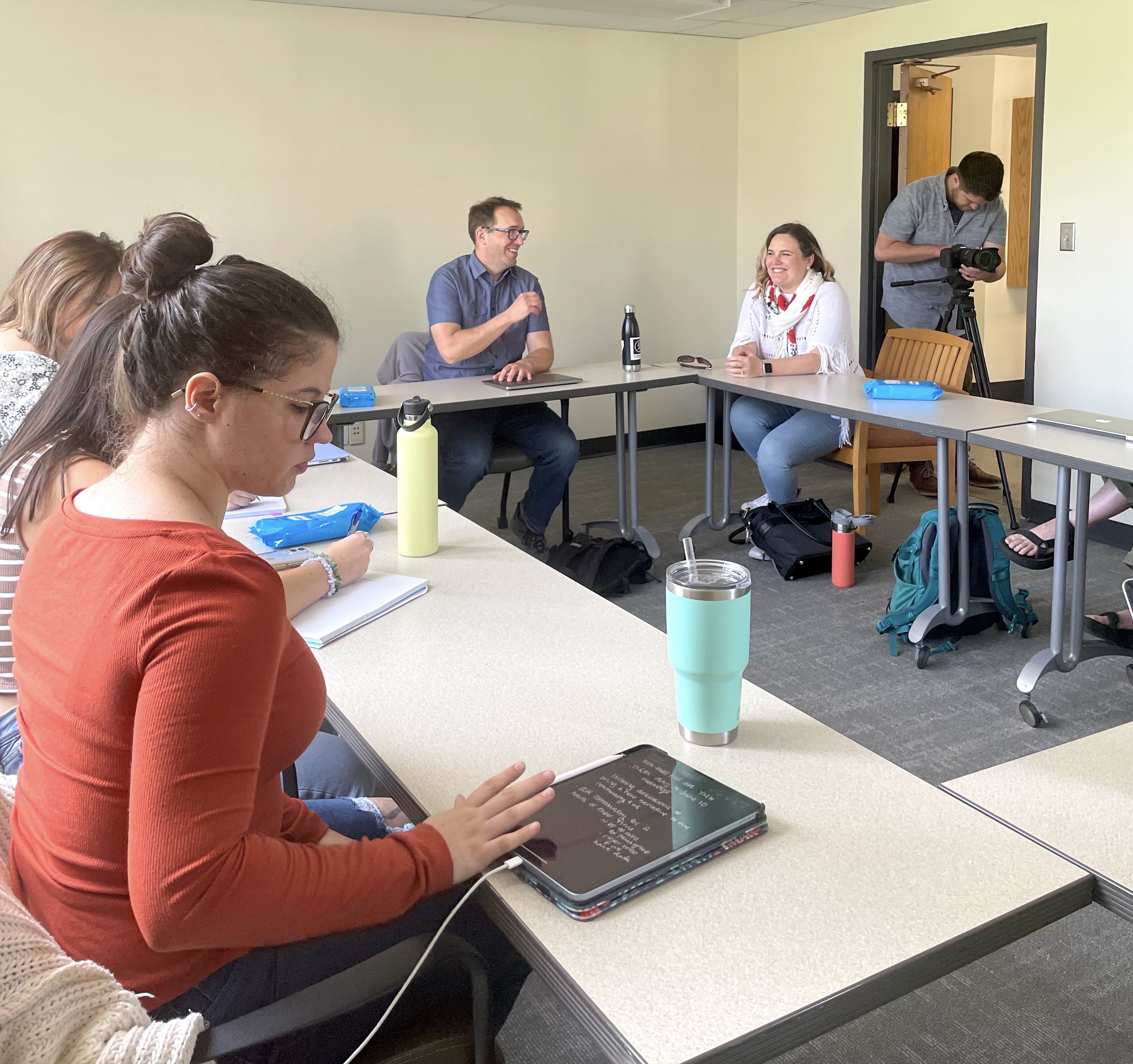
A multidisciplinary team from. Boise State received a $500,000 grant from the Idaho Department of Health and Welfare to address the mental health outcomes of Idaho’s youth.
The “Addressing COVID-19 Health Disparities Among Populations at High-Risk and Underserved Community Grant” will take the team to schools and communities across Idaho to build partnerships, measure risk and protective factors, and then communicate findings to the respective communities. Strategic action plans that are tailored to the specific school community’s needs will be created based on the findings.
Public Health and Population Science Associate Professor Megan Smith is the principal investigator on the grant. Other team members include Matt Isbell with the Department of Communication, experts from Boise State’s College of Education, and Master of Public Health students.
Also assisting are members the St. Luke’s Health System’s Communities for Youth team. This team is part of the Children’s Health Task Force, a workgroup commissioned by St. Luke’s Community Health. In previous years, the task force worked collaboratively to develop needs assessments and recommendations for youth health, Smith said. This year, the group will focus its efforts in the mental health space to evaluate youth mental health after several years of the COVID-19 pandemic.
Learn more and find upcoming community meetings at the Communities for Youth website. “The state of Idaho lacks data on youth universally, particularly around mental health outcomes and the cascade of risk and protective factors related to mental health,” Smith said. “The data Idaho currently collects is not always actionable for school leaders, so we come in and support collecting the right data and creating data-driven action plans that fit the community best.”
This publication was made possible by NH75oT000105 from the Centers for Disease Control and Prevention (CDC). Its contents are solely the responsibility of the authors and do not necessarily represent the official views of the Department or CDC.
Become a donor to support mental health initiatives at Boise State.
Inspired? Let's Chat!
-

Heather A. Jauregui, MSEd
Senior Director of Development